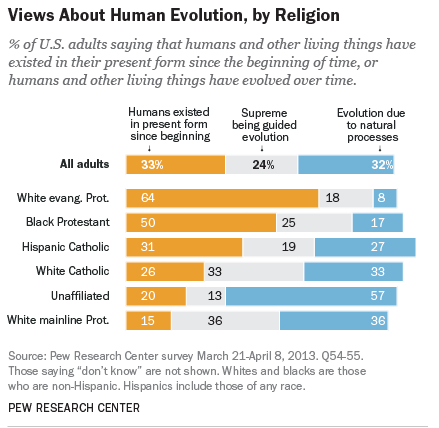(Aside: "evolution" is an overloaded term. On the one hand, natural selection, or the ability of species to adapt within limits to changing conditions is well documented and does not contradict "young earth creationism". In fact, natural selection has been shown to lead to extremely rapid diversification, faster than predicted by many materialist models! On the other hand, the idea that all extant organisms "evolved" from a single, common ancestor is based on "evidence" and assumptions that are highly circumstantial and/or based on philosophical presuppositions. Since your question asks about the latter, I will use the less ambiguous phrase Common Descent in this answer.)
It is quite unlikely that Genesis 1-3 actually corresponds in some manner to the Materialist Common Descent narrative. While the attempt to shoehorn human descent into the Genesis narrative, as described in the Question, may look somewhat plausible, there are a number of issues if one tries to extend this to the greater narrative.
First, according to Common Descent, modern humans have been around for hundreds of thousands of years. Scripture directly contradicts this by giving a year-by-year geneology from Adam to Christ, which can be lined up with known history at a number of points. While the manner of expression allows for some "wiggle room" (usually on the order of a year per generation), there is no plausible way that can be made to reconcile the approximately 4,000 years claimed by Scripture, with perhaps (very generously) a ten percent error margin with the supposed orders of magnitudes difference claimed by the Materialist narrative.
Second, the order of events has significant discrepancies. For example, Materialism places stars before land-and-oceans on Earth, and land mammals before sea mammals, whereas Genesis 1 gives the exact opposite order. (For more details, see here or here.)
It is more likely that the entire Common Descent narrative is simply incorrect. The entire premise is based on an a priori denial of God's existence, and significant challenges have been raised from multiple fields simply against Common Descent. Even allowing for "theistic evolution", there are inconsistencies in the relations between organisms that are better explained by multiple, distinct acts of Creation. Moreover, once one admits to a Designer, the reason for Common Descent goes out the window. If God exists, the philosophical rationale for Common Descent is invalid, and the scientific evidence is inadequate to sustain that hypothesis without the philosophical underpinning. That being the case, it becomes far more likely that humans were specially Created, as Scripture states.
Another aside: what's wrong with Common Descent?
Book can (and have) been written on the general issues with Materialistic Common Descent; notable authors include Douglas Axe, Michael Behe, William Dembski, Michael Denton and Stephen Meyer, and the problems are myriad. However, this isn't the place for an in-depth discussion. (Please use chat for any discussions; there is a standing room specifically for this sort of topic.)
With respect to the specific inconsistencies mentioned above, there are a couple issues:
- Different methods for determining relations give different results. While "lateral gene transfer" has been claimed to "resolve" these issues, LGT has not been demonstrated to permit a high order organism to adapt macroscopic features from another, as would be required to explain a number of the inconsistencies.
- The "Cambrian Explosion" produced many new bauplans in an extremely short (according to Materialist chronology and by "evolutionary" standards) period of time.
- Homology is poorly explained by natural selection, whereas it is an expected feature of design.
- Both theory and actual experimentation strongly suggest limits on an organism's ability to change.
- No known natural law is capable of producing novel genetic information. In general, genetic information decreases over time, as confirmed by the vast majority of observational evidence.
Scripture clearly teaches that God Created each animal "after its kind", and observation, both of the fossil record and of living animals, strongly correlates to animals adapting within the limits of their kinds. If one allows that a Designer (i.e. God) has interacted with Creation in order to bring about life as we know it, there is no philosophical reason to suppose He has done so only once. That being the case, the evidence is more consistent with multiple acts of Creation, which is also what is taught by Scripture... and Scripture teaches that humans were not only a distinct Creation, but a unique Creation which was accomplished in a different manner and with different parameters than the Creation of other animals.
Further reading:

